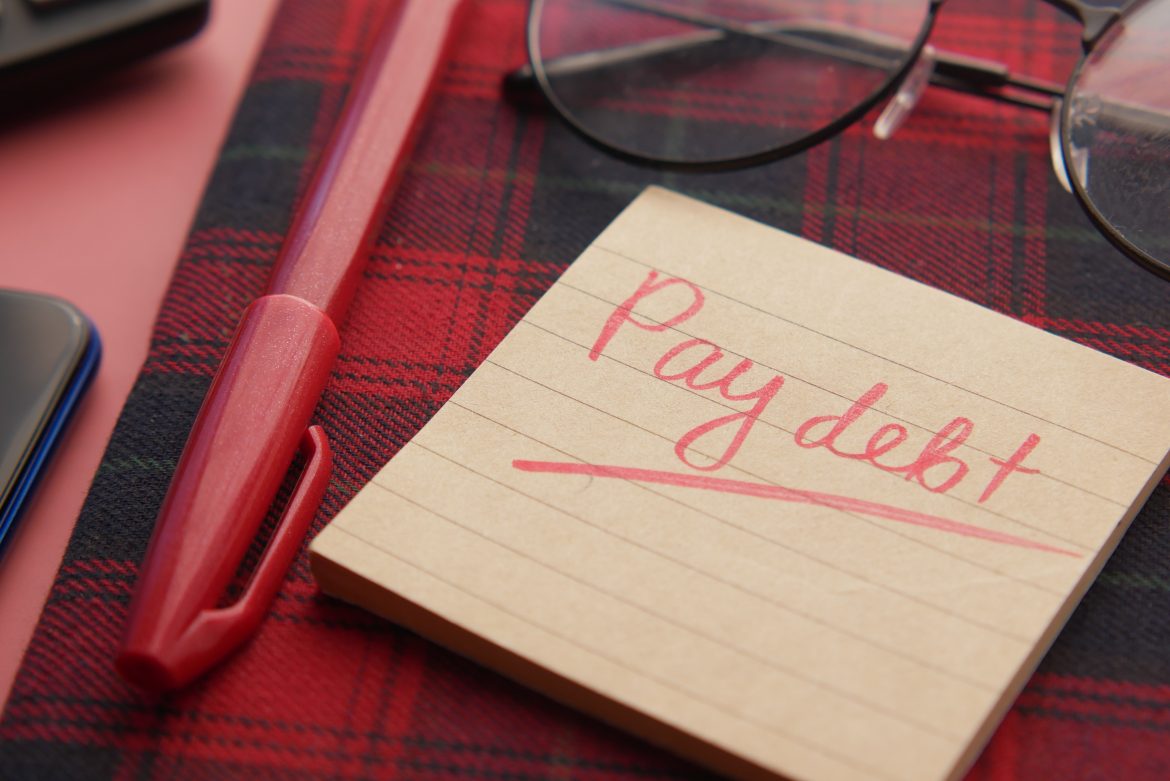Rising oil prices, record inflation, and high interest rates are signs of challenging financial periods.
Although the Covid-19 recession was for a significantly shorter period than the average recession, there have been long-ranging financial effects for many individuals and households.
Some households were able to weather the pandemic thanks to job security and stimulus payments. Others may still be rebuilding their finances today.
Regardless of which camp you’re in, the faintest rumours of a recession may have you nervous about your financial health.
You can’t predict the future, but you can take steps to fortify your finances so you’re prepared in the event of a downturn.
Most economies go through cyclical patterns, with good and bad periods both inevitable.
But the growing economy (generally measured as the gross domestic product, or GDP) and strong labour market are two major indicators that an economy is in good shape, and a recession is not imminent.
A recession might not be imminent today but it’s better to be prepared than caught off guard, especially when it comes to your money.
Some people are still feeling the scars of the financial crisis of 2007 to 2009.
Each recession is a little different, but history has a way of repeating itself. We have to remind ourselves not to think in terms of ‘this time is different’.
You may not be able to fully protect yourself from the impact of a recession. But bolstering your finances when you have the money to do so can soften the blow when a downturn develops.
“Use the highs to get your financial house in order, so when the lows come it’s simply a minor inconvenience rather than a crisis,” says Tania Brown, CFP, a financial coach at Financial Technology Nonprofit SaverLife.
Here are 4 ways to strengthen your finances before a recession occurs.
1) Build Your Emergency Fund
Though conventional wisdom recommends having three to six months of your essential expenses tucked away in an emergency fund, the pandemic has led some people to try to save more—up to a year’s expenses, in some cases.
Whether you’re a super saver or having a hard time catching up after pandemic hardships, it’s more important to focus on the habit of saving than the exact amount in your bank account.
Beyond building savings in an emergency fund, you should also decide what type of emergencies you’ll tap your fund for—and not be reluctant to do so.
Your emergency fund is there for you to use. Some people have a hard time coming to grips that they had to raid their funds and they take it personally. But when emergencies like health issues and layoffs crop up, you don’t owe anyone an explanation. Remember that if you need to deplete your emergency savings at some point, you’ll eventually be able to rebuild that fund.
2) Pay Down Debt
If you already have an emergency fund, it’s time to focus on paying down debt. You don’t need to make plans to pay off your mortgage in 10 years instead of 30, but any debt that has a high interest rate or has a variable rate is worth trying to get off your plate as soon as possible. If you can hack away and pay off your credit card or installment loan balances now, you can avoid having to use your emergency fund to pay those bills if there’s a sudden change to your financial situation.
3) Check Your Lifestyle
It may be hard to save on necessities in categories where inflation has caused prices to rise dramatically.
Instead of worrying about each nickel and dime you spend, take a look at your overall lifestyle. Is there anything you can cut back on that you won’t really miss?
If you’ve gotten a raise during the pandemic, you may have found yourself spending that additional money thoughtlessly rather than saving it or putting it toward your financial priorities. Or you might realize the money you’ve saved by no longer having a daily commute to the office is going toward more takeout and delivery meals.
It’s easier to cut back on expenses when you’re thinking about optimizing your finances, rather than when you’re in a defensive situation—like dealing with a loss of income. Do not overextend yourself during the good times.
4) Nurture Your Career
You may not be ready to make a big career change. But even if you’re happy with your current job situation, it’s always a good idea to keep your resume updated.
If you lose your job due to a large economic event, a strong resume may make it easier to bounce back or pivot to a new career. Take ownership of your career. Take full advantage of free courses and certifications to keep your skills updated. Refresh your LinkedIn profile so you are always job-ready.”
And while the job market is hot, it’s a good time to make sure you’re getting paid what you deserve. Research the market rate for your role and advocate for a raise if necessary.
Then, put that surplus money to work strengthening your financial safety net.

